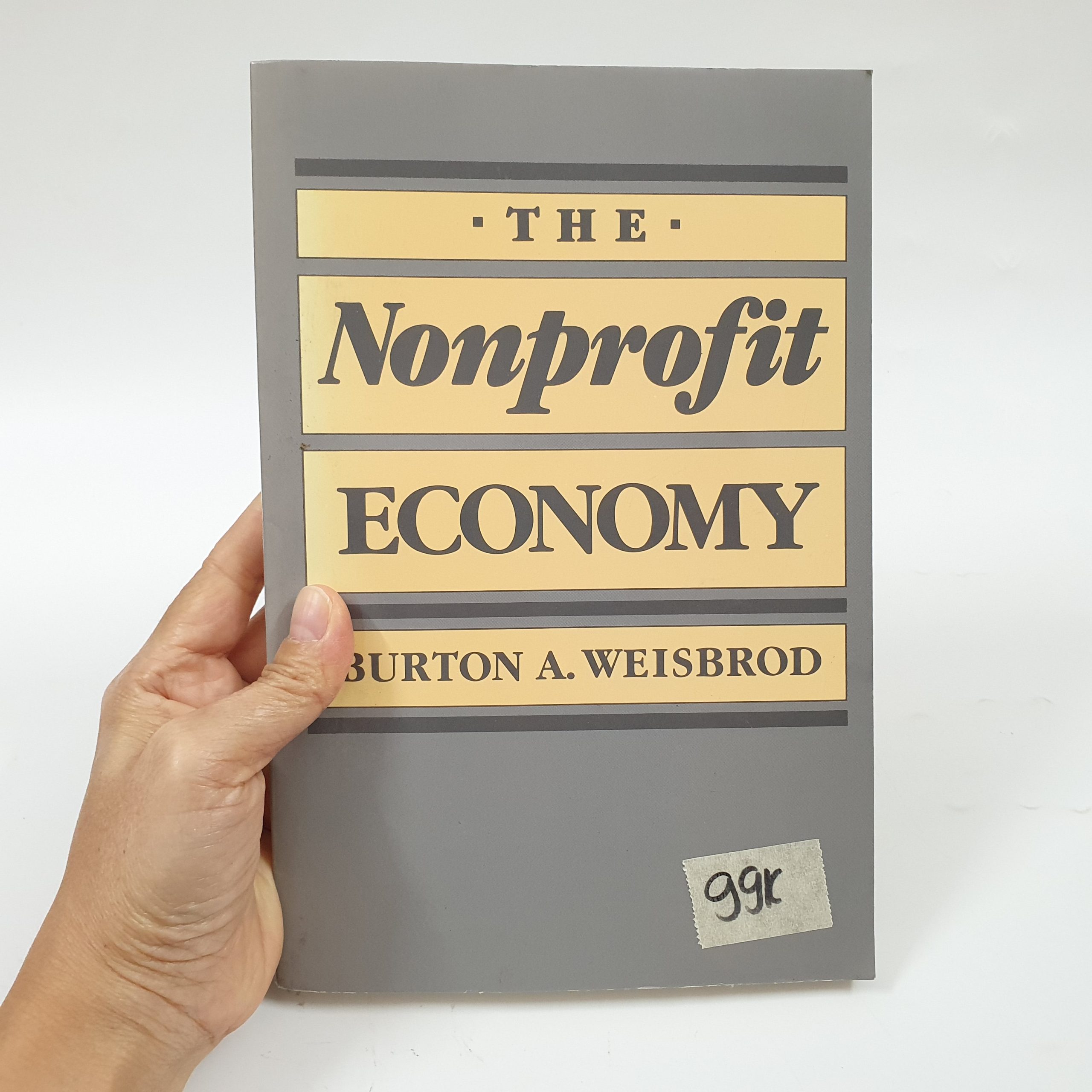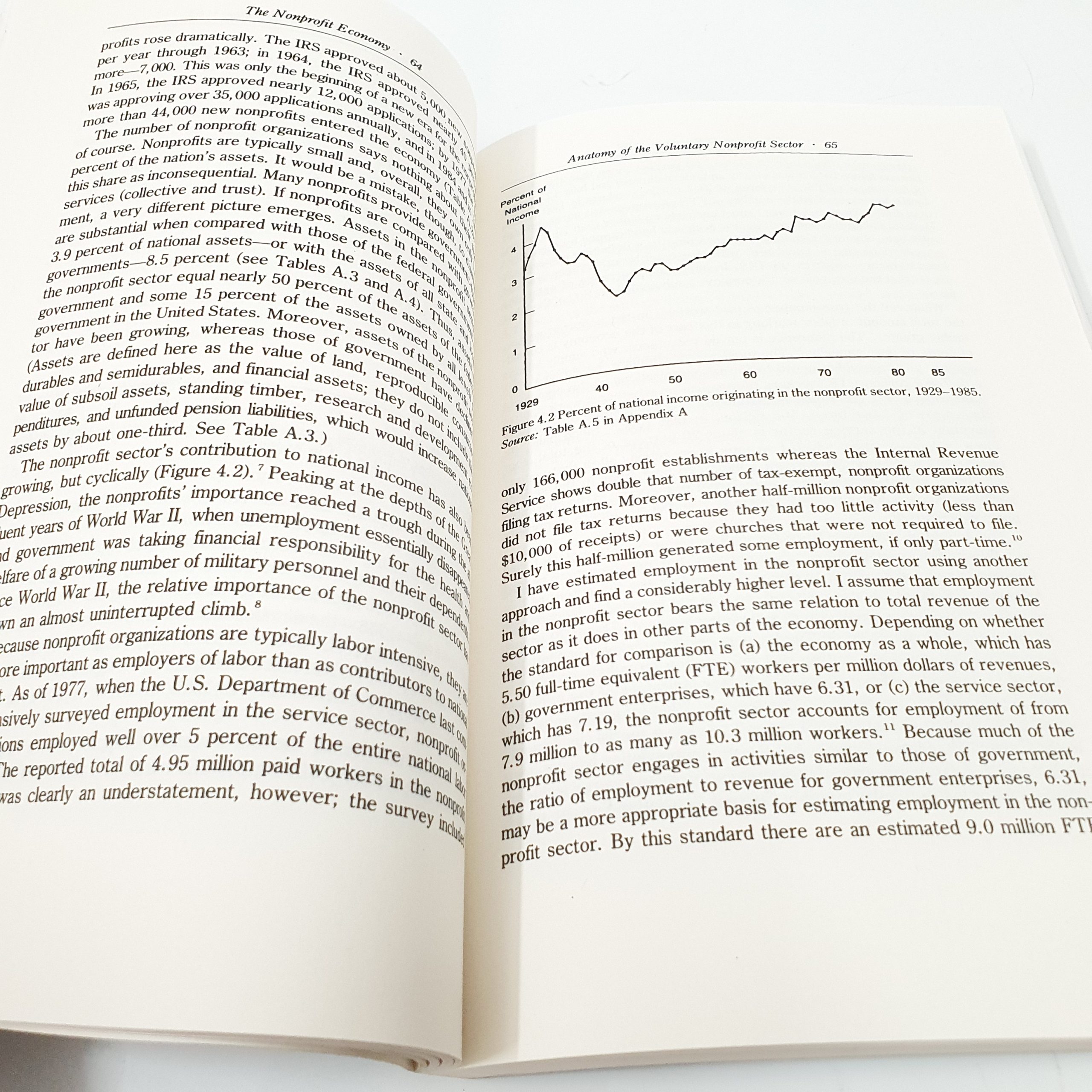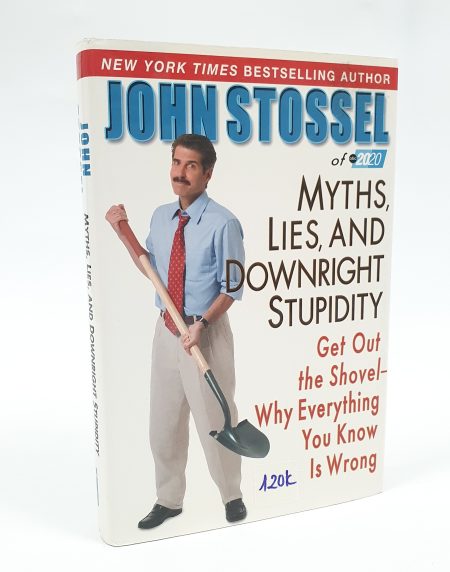The Nonprofit Economy
✅Burton Weisbrod (Author), bìa mềm, tình trạng bên trong tốt, giá dán ngoài bìa.
✅onprofit organizations are all around us. Many people send their children to nonprofit day-care centers, schools, and colleges, and their elderly parents to nonprofit nursing homes; when they are ill, they may well go to a nonprofit hospital; they may visit a nonprofit museum, read the magazine of the nonprofit National Geographic Society, donate money to a nonprofit arts organization, watch the nonprofit public television station, exercise at the nonprofit YMCA. Nonprofits surround us, but we rarely think about their role in the economy, or the possibility of their competing unfairly with private enterprise.
Burton Weisbrod asks the important questions: What is the rationale for public subsidy of nonprofit organizations? In which sectors of the economy are they of real importance? Why do people contribute money and time to them and why should donations be tax deductible? What motivates managers of nonprofits? Why are these organizations exempt from taxes on income, property, and sales? When the search for revenue brings nonprofits into competition with proprietary firms—as when colleges sell computers or museum gift shops sell books and jewelry—is that desirable?
Weisbrod examines the raison d’être for nonprofits. The evidence he assembles shows that nonprofits are particularly useful in situations where consumers have little information on what they are purchasing and must therefore rely on the probity of the seller.
Written in a clear, direct style without technicalities, The Nonprofit Economy is addressed to a broad audience, dealing comprehensively with what nonprofits do, how well they do it, how they are financed, and how they interact with private enterprises and government. At the same time, the book presents important new evidence on the size and composition of the nonprofit part of the economy, the relationship between financial sources and outputs, and the different roles of nonprofits and for-profit organizations in the same industries. The Nonprofit Economy will become a basic source for anyone with a serious interest in nonprofit organizations.
99.000VND














